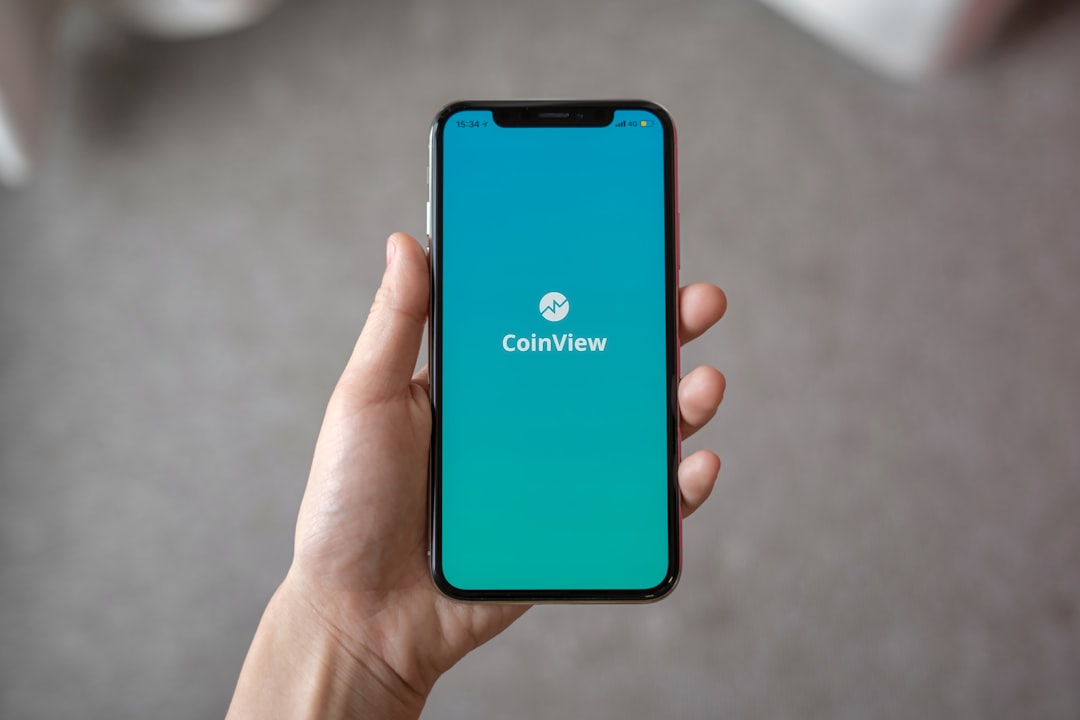Robocalls in West Virginia are regulated by state and federal laws, primarily the Telephone Consumer Protection Act (TCPA), which offers protections for residents against deceptive scams. If you've received an unwanted or scam robocall, consulting a robocall attorney specializing in TCPA guidelines is advised to understand your rights, file complaints, and seek damages. West Virginians are encouraged to exercise caution, verify claims, avoid sharing sensitive data, and block suspicious numbers to protect against robocall attorneys and scams.
West Virginia residents often find themselves on the receiving end of unwanted telemarketing calls, with some turning out to be fraudulent schemes. This article unravels the most prevalent scams targeting the state, focusing on how ‘robocall attorneys’ exploit consumer rights. We’ll explore the legal implications of such practices in West Virginia and equip readers with essential strategies to protect themselves from these deceptive tactics. Stay informed to avoid common telemarketing pitfalls, especially when it comes to robocall attorney scams.
Understanding Robocalls and Their Legal Implications in West Virginia

Robocalls, or automated telephone calls, have become a ubiquitous and often annoying part of daily life in West Virginia. While many robocalls offer legitimate services, others are designed to deceive and manipulate recipients. These scams can take various forms, from false claims about winning prizes to threats of legal action. In West Virginia, the legal implications of robocalls are governed by state and federal laws, primarily the Telephone Consumer Protection Act (TCPA). Violations can result in significant fines for businesses and telemarketers.
If you’ve received a robocall that turned out to be a scam or an unwanted call, consulting with a robocall attorney in West Virginia is advisable. Legal experts specializing in TCPA cases can help victims understand their rights, file complaints, and even seek damages if appropriate. Given the complex nature of telemarketing laws, having a knowledgeable attorney guide you through the process ensures that your rights are protected and that any legal action taken is within the framework set by West Virginia’s regulations.
Common Telemarketing Scams Targeting West Virginians

In West Virginia, as in many places across the country, West Virginians are increasingly targeted by various telemarketing scams. One of the most prevalent is the robocall scam, where automated phone systems make countless calls to random numbers, often with deceptive or aggressive messaging. These calls may claim to be from a legal firm or government agency, threatening consequences if the recipient doesn’t take immediate action, such as providing personal information or paying a fine.
Another common tactic is the “robocall attorney” scheme, where scammers pose as lawyers or legal representatives, claiming to have identified potential clients involved in past lawsuits or accidents. They pressure individuals into agreeing to their services without fully disclosing the potential risks or providing valid proof of their claims. West Virginians are advised to remain vigilant and cautious when receiving such calls, verifying any offers or demands through official channels to avoid falling victim to these fraudulent telemarketing scams.
Protecting Yourself: Strategies Against Robocall Attorneys and Other Scams

Protecting yourself from robocall attorneys and other scams is crucial in today’s digital era, where telemarketing tactics can be sophisticated and hard to distinguish from legitimate communications. In West Virginia, as with many places across the country, robocalls offering legal services or claiming emergency situations are common. To stay safe, it’s important to verify the source of any unsolicited calls. If a robocall attorney reaches you, don’t panic; instead, take a moment to confirm the caller’s identity and intentions. Check if the number is registered with the National Do Not Call Registry.
Another strategy is to be wary of urgent demands or threats. Legitimate legal services will not typically contact you via robocall for time-sensitive matters without prior correspondence. Hang up on aggressive or threatening calls and do not provide any personal information. Consider blocking the number, if possible, using your phone’s settings. Additionally, staying informed about common scams can help you recognize suspicious activity. The West Virginia Attorney General’s office often releases updates on emerging scams, so keeping an eye on their resources is beneficial for all residents.






